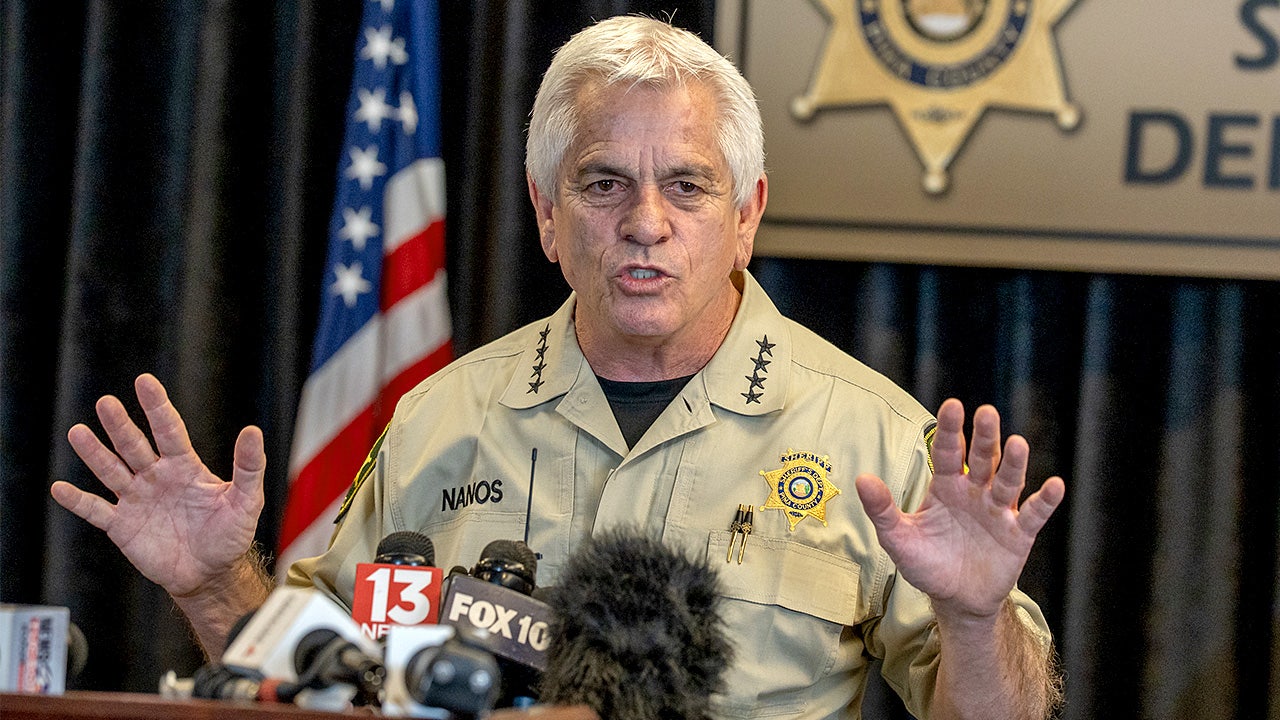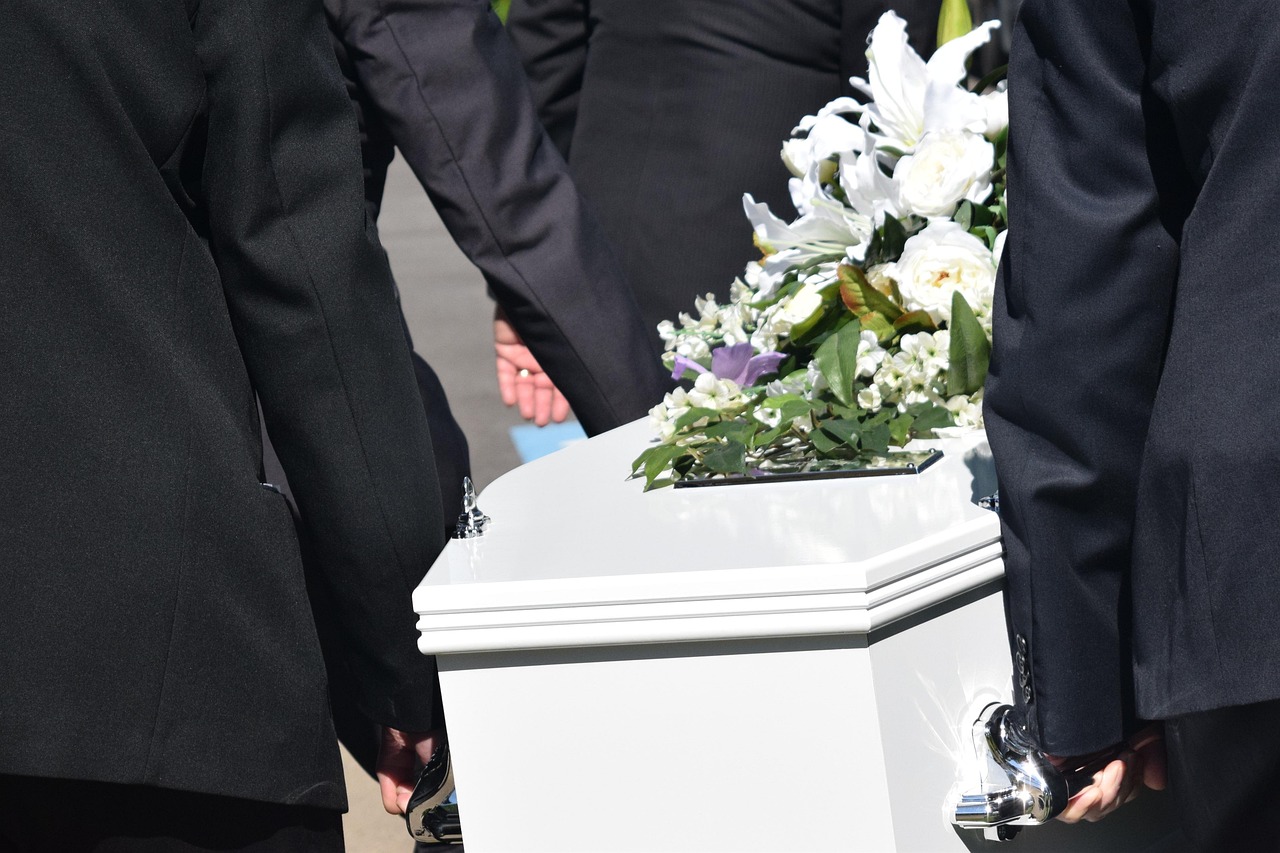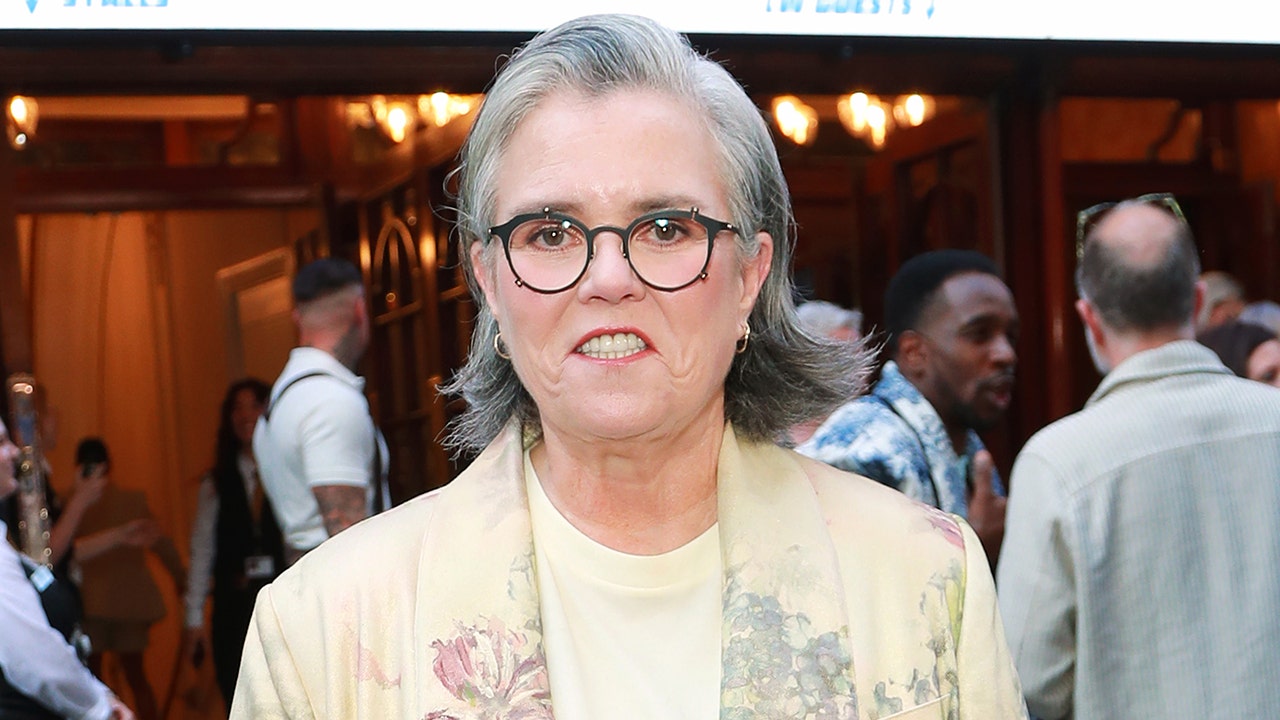Make no mistake, end-of-life planning is absolutely part of a comprehensive preparedness plan. Or at least it should be. The Nokbox is a tool we’ve discussed before in that regard.
Preparing for End-of-Life
We often talk about wills, trusts, and such. Those are definitely important, but there are other steps to pursue as well. These are things that your attorney may not think to tell you, but that can be incredibly important to your family.
Inventory the Good Stuff
Many of us have collections like knives or firearms. We’ve carefully curated these bits and baubles for years. But do you have a solid grasp on what all you actually own? Will your family know how to value it? A common joke is the guy who fears that upon his passing, his wife will sell his guns for what he told her he paid for them.
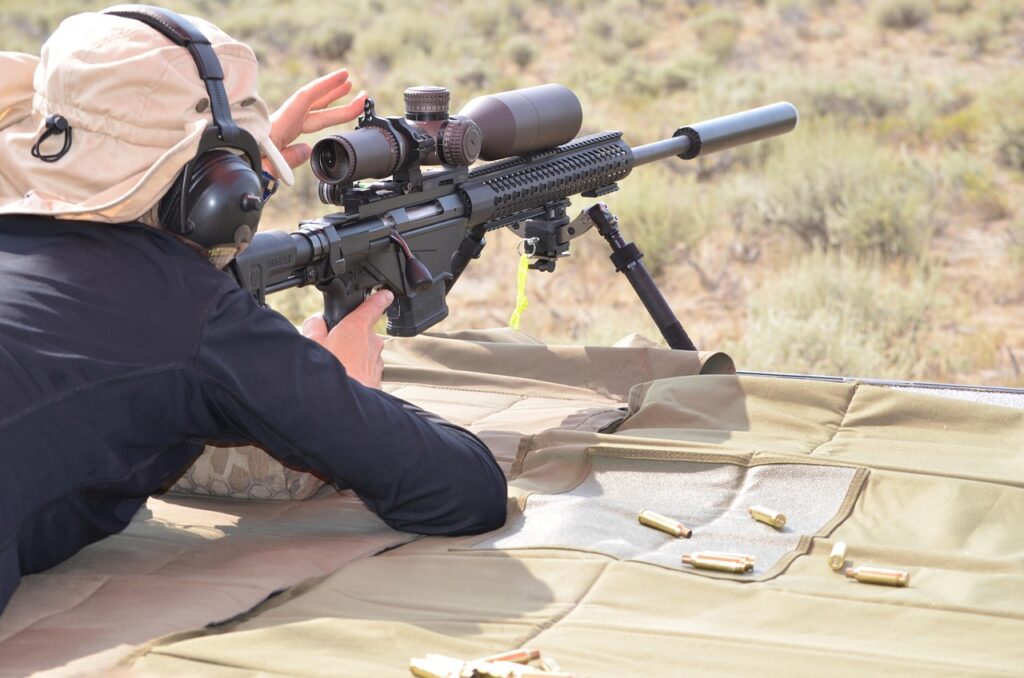
As part of your end-of-life planning, take time to do some sort of inventory. The more information you can jot down for each item, the better, such as where you bought it and when, what you paid, and its estimated worth now.
I knew one knife collector who put a small slip of paper in each knife box with that information, as well as a note about the knife’s significance, if any. When he passed, this information made it easier for his family to organize the collection and decide what to keep, what to sell, and what to gift to others.
I’ve made arrangements with a few of my fellow knife nuts that if I pass before them, my family is welcome to call upon them for advice on knife values and related issues. I’ll do the same for them.
By the way, this sort of inventory would also prove useful in the event of a house fire, theft, or other similar situation that might deprive you of some or all of your collection.
Get Rid of the Junk
This can be one of the most difficult parts of end-of-life planning. Most of us have a metric ton of crap we don’t use, we don’t need, and that serves zero practical purpose. I don’t mean the neat stuff you might collect as a hobby. I’m talking about the numerous shelves of coffee mugs my dad had sitting in the basement, collecting dust. Lids to plastic totes that have long since disappeared. Clothes that don’t fit and aren’t likely to ever come back into style.
Have a rummage sale to sell what you can, then donate the leftovers to the charity shop of your choice. Whatever’s left after that goes in a dumpster. That’s where it’ll be headed later anyway, but at least your loved ones won’t be doing it while also trying to grieve after losing you.
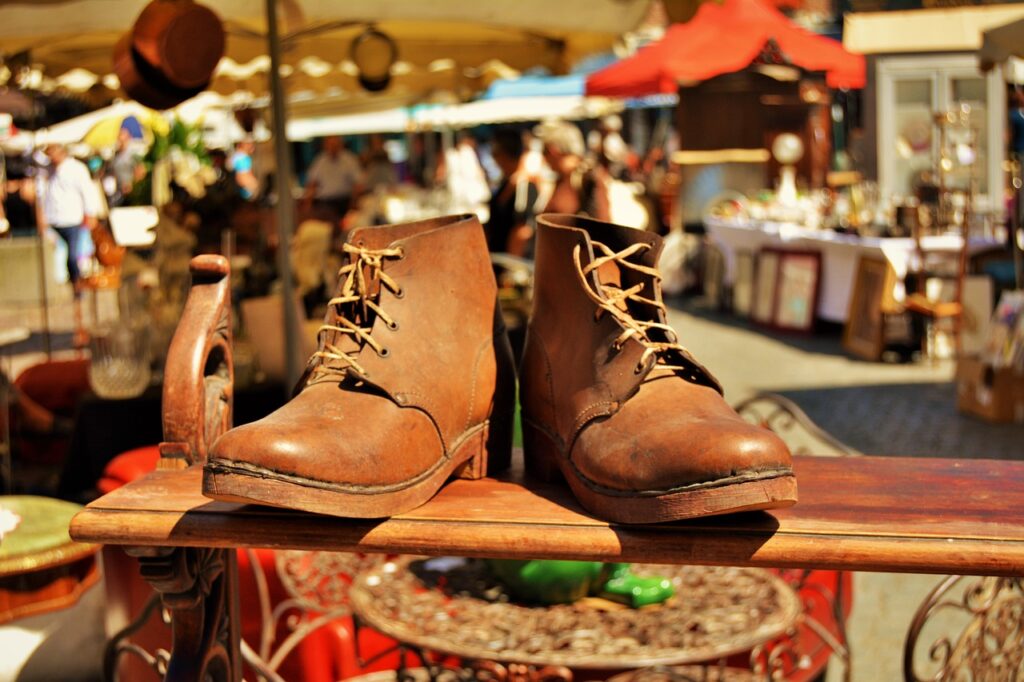
When my dad died, I had a 25-foot dumpster delivered the day after his funeral. It was full by the end of the second day of cleaning out his house, and we still had a long way to go. Junk filled two large storage rooms in the basement.
But the thing was, it wasn’t all junk. There were pearls here and there, like the trunks filled with 100+ year old sheet music. Old stock certificates (worthless, but very old and cool). Buick memorabilia (he’d been a salesman for them for decades). Most of it was just garbage that had to be hauled up and out. But all of it needed to be examined, just in case.
Given that his house still had a mortgage, and he had no life insurance policies, the clock was ticking to get the house cleaned, polished, and sold.
It wasn’t nearly as much fun as it sounds.
Read the full article here


